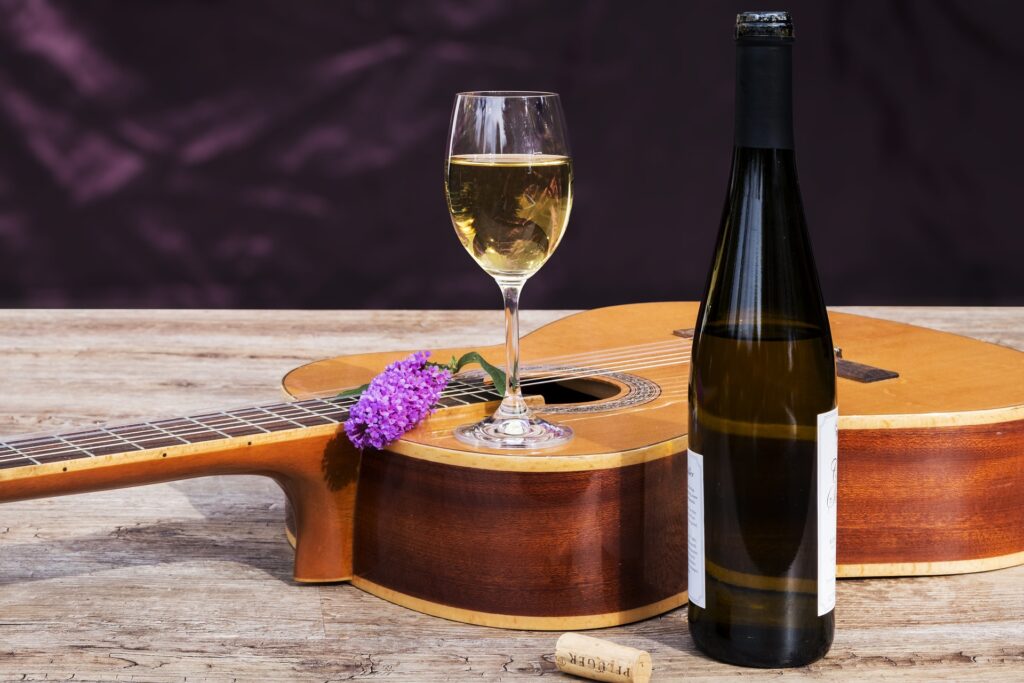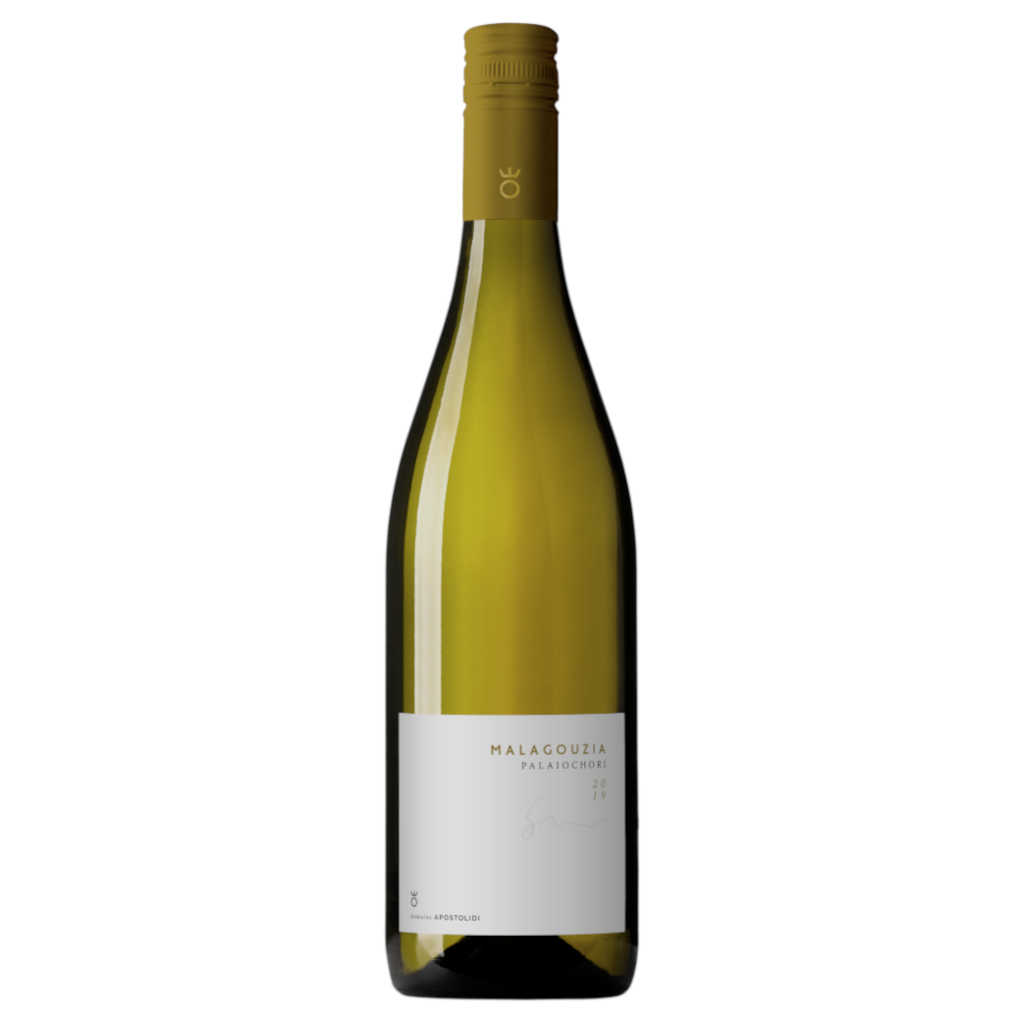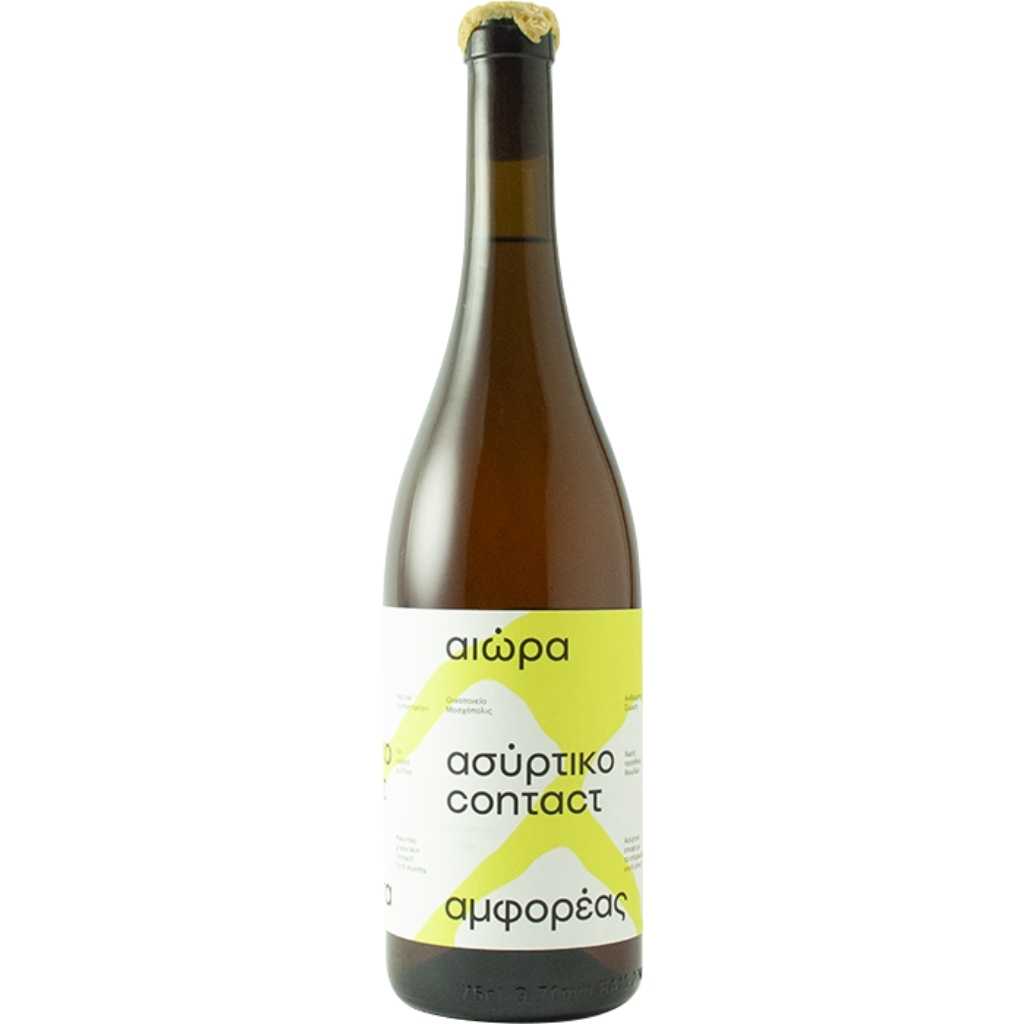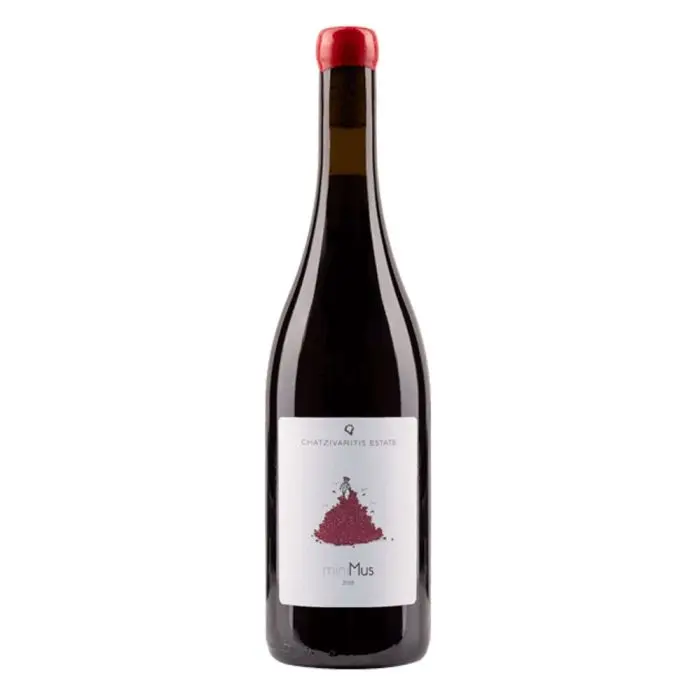Natural wines for Maroula Mavrogiannopoulou present a particular dynamic and enclose a narrative of organic viticulture favored by oenophiles.

The boxing ring bell rings deafeningly highlighting the beginning of the game. At the left corner there stands the champion trying to defend his title, achieving countless victories over the years, aka the conventional wine, while at the right corner you will find a young contestant with countless knockouts and an eager audience but without a championship yet, aka the natural wine. The clash between Olympiacos and Panathinaikos is finally over. These ladies and gentlemen are the new (eternal) rivals.
None of us can ignore the current of natural wine in recent years, just as we cannot ignore the need for environmental protection, the trend for sustainable development and the throwback for natural production methods. That is, what gave the impetus for the shift towards mild vinification wines, if the term “natural” irritates you.
Obviously, it is a global trend, it apparently represents to a large extent the younger generations, generations of travelers, collectors of experiences and flavors, explorers of the world, committed to a healthier lifestyle, oriented towards present, with a tendency to differentiate from the monolithic past and wealth display, which is often combined with wine until now. Let us not forget that most natural wines are ready-to buy wines, which you can consume and there is no need to be stored for ten years in excellent conditions in order to be savored.

Natural wines have enthusiasts as well as challengers in the oenophile world. The skepticism is justified as disbelievers defend themselves behind the argument of problematic wines, which we have all tasted in previous years. There have been flawed bottles, grave errors and all earnest gentle wine advocates including me of course will agree that not all natural wines are perfect, even nowadays. Besides, we should not at all associate natural wine with heavy reduction, with volatile acidity, with a super funky nose, which is quite unbearable.
A wine that simply has no sulfur is not necessarily a work of high artistic value, on the grounds that is merely a trend. Nevertheless, this seems to be the rule of thumb. Elegant, delicious, flawless. As it is also a journey, a more direct capture of the terroir of each region, without additives, without intense interventions. All that is needed is the right vinification.
Basically, the new generation of oenologists and wine producers ,who devoted themselves to their land and vine, providing wines with minimal intervention, decided to highlight the characteristics of each grape, the place it originates from, but also characteristics of themselves. They do not necessarily wish to produce simple wines but wines with character.
Their goal is to achieve a balance in the vineyard, an ecosystem of diversity that did not exist and tranquility to the land that offers abundantly so much. They formed the conventional vine into organic, some even biodynamic with great effort, often with damages. But they persevered and won because the earth pays off.
After all, when someone selects a wine to be served at his table… what does he ask for? A good and flavorful wine
I wonder why does the paronymous producer dipole exist! It’s a hard question. I believe that both wines – conventional and natural – and their people can co-exist. After all, when someone chooses a wine for his table, what does he ask for? A good and tasty wine. But we have reached the time when natural wines are so good, we have reached the time when people are not looking for the percentage of sulfur in the bottle but the result instead, we have reached the time when many wine lovers will enjoy a wine without knowing its background and when they find out that it is natural they will exclaim ‘it’s exquisite, how is it possible to be natural’? And yet it is.

Three wines, which I single out, are products of love and labor of young people. With studies and solicitude, with passion and courage, with dedication and dreams for Greek wine and its future. They traveled the world, worked hard, learned and returned home. Now they live and breathe producing wines that express them, giving us the opportunity to taste their own vision, stubbornness, will and effort, putting their stamp on the wine map. Chatzivaritis estate is located in Goumenissa, Moschopolis winery in Chalkidiki and Domaine Apostolidis in Kavala.
Northern Greece leaves its mark in the field of high-quality mild winemaking, but throughout Greece we will trace many other excellent efforts, mainly by young oenologists and wine producers.
2+1 natural wines worth adorning your “collection”
Domaine Apostolidis
Malagouzia Paleochori

When we met last summer in Dialecto, Kavala, at the new winery of Domaine Apostolidis, we were definitely not prepared for the surprise that Efthymis and Vassiliki Apostolidis had in store for us. A new generation has taken on the grandfather’s and father’s dream and is moving forward with impressive steps producing wines that steal the show. Modern approaches to biodynamic cultivation and excellent results in the bottle. Every wine we tasted delighted us. Conversing with Efthymis Apostolidis about the past, the present and the visions for the future with care and love. Their future is foreshadowed bright.
Tasting Notes: Golden lemon, 100% Malagouzia from Paleochori, Kavala. The nose is absolutely delicate, with juicy peaches and apricots combining beautifully with fresh orange peel and light jasmine in the company of citrus blossoms. In the mouth, everything harmoniously builds a wonderful palette, which at the end leaves a characteristic thyme note. Rich and crisp body, impressive acidity surprising for the variety, moderate herbal aftertaste.
Moschopolis winery
Aiora Contact Amphora
Assyrtiko

We came across Thodoris Germanis at various wine events in Athens, but we really got to know him in our neighborhood, Kypseli, when one day he bumped into us on a city stroll. One thing leads to another and wine has a tendency to turn acquaintances into friendships. We all have favorite wine specials in mind that we consider top notch. Well, this is not a simple matter.
If anyone considers that Aiora labels are simply the budget series of Moschopolis estate, he will be totally surprised when he tries out these new excellent skin contact wines. Specifically, tasting this amphora by a passionate family, inspired by the world of wine. An orange assyrtiko, forceful and demanding, impressively exuberant and gastronomic.
Tasting notes: Cloudy orange, 100% Assyrtiko from Monopigado, Thessaloniki. The nose is fresh and intense at the same time with aromas of peach, quince, orange, dried apricot. In the mouth, citrus fruits, roasted hazelnuts, sweet orange, honey, spices and a rich bouquet of herbs. Medium body, serious acidity and minerality, elegant oxidative feel.
Chloe Chatzivariti- Mus
(from the trilogy MiNiMus)

I love Chloe’s wines. And her. I am seduced by her madness and her enthusiasm, I am won over by her stories and experiences, when we hang out together we always take pleasure in great wines (not solely of course!) and laugh our hearts out. Chloe has already carved her own path in the Greek wine scene. She is headstrong and stubborn and knows very well what she wants to do, today and tomorrow even in 5 years.
The MiNiMus trilogy put her on a surface with great references by Mark Andrew MW, when her name was still only associated with the wines of Hatzivarytis estate, an admittedly heavy adjective. Chloe’s wines suit me, I single out Mus because I generally don’t prefer black and white and this wine brings me to my senses.
Tasting notes: Bright red, 100% Xinomavro from the Filyria vineyard in Goumenissa. On the nose, cherries, tomato, ripe strawberry and licorice win. In the mouth the small red fruits, pepper, beautiful herbalism also come out. Full mouth, sharp acidity, well-worked tannins, great structure and complex character.
